The project combines geology/geochemistry, analytical sciences, environmental sciences and waste management
MURmap is based at
the Slovenian Geological Survey GeoZS, the National Institute of Chemistry (NIC) in Slovenia as well as the Montanuniversität Leoben (MUL) in Austria

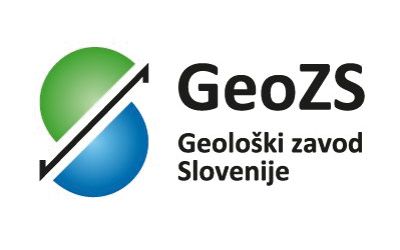
Geological Survey of Slovenia
Team
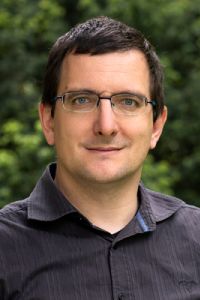
Dr. Gorazd Žibret
PI - Team GeoZS, male, geologist,
is a senior researcher at Geological Survey of Slovenia, department of Mineral Resources and Geochemistry. He has 20 years of experiences in working on various research topics, including studying of past and present impacts of mining and ore processing industry to the environment, geochemistry of soils and sediments, data mining in geology, geomorphology etc. He is also involved in various international projects, including development of new robotic solutions for exploration and mining, development of new sensor systems, projects related to the use of secondary raw materials for various applications, topics related to sustainable management of raw materials etc. He will be the coordinator of MURmap project.
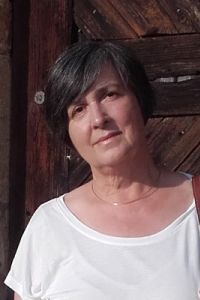
Dr Polona Kralj
Scientist GeoZS
is a senior scientist at the Department of Regional Geology (GeoZS). During over four-decade lasting career she served in many projects, programmes and fields of research including volcanology, sedimentology, exploration of oil, gas, coal and geothermal energy in the Pannonian Mura Basin, and geochemistry of thermal and mineral waters. Her participation in the MURmap project is focused on geochemistry of trace elements in water of the river Mur.
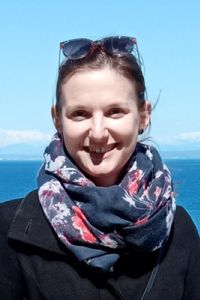
Barbara Čeplak
Young Researcher GeoZS - Role in the project: PhD student
is a young researcher at the Geological Survey of Slovenia, Department of Mineral Resources and Geochemistry. Her PhD thesis is closely aligned with the MURmap project and focuses on the identification of potentially toxic and technologically critical elements and their spatial distribution in the sediments of the Mura River catchment. She is experienced in sediment and soil sampling, sample preparation, elemental analysis and data interpretation. As a participant in the MURmap project, she will actively collaborate in all stages of the project, including sampling and sample preparation, interpretation and dissemination of results.
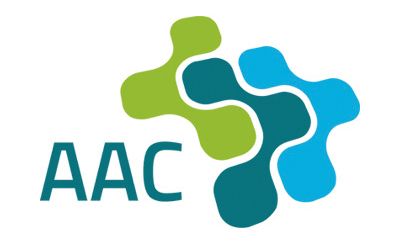
Chair of General and Analytical Chemistry
Team
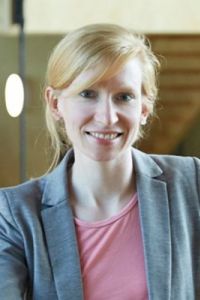
is the PI of MURmap in Austria
with a >15-year record in environmental analytical chemistry and also leading the project activities related to analytical chemistry and mass spectrometry (Assistant Professor at MUL since 2022/05). JI is leading the isotop ratio research group at MUL. She is experienced in terrestrial and aquatic sampling and has been involved in large cruise sampling campaigns. Her expertise covers sampling, sample preparation, method development for trace element and isotopic analysis, measurements, data reduction, statistical data analysis and uncertainty propagation. JI is experienced with the handling of large data sets, elemental analysis (ICP-QMS, ICP-SFMS, ICP-MS/MS) and isotopic analysis methods (e.g. B, S, Sr, Mo, Zn, Ti, Mo, Gd, Pb, Nd and U isotopes based on MC ICP-MS) and chemical imaging involving (LA)-ICP-MS as well as hyphenated techniques (prepFAST-MC, seaFAST) for low-level analysis of metals and rare earth metals. JI has been involved into various transdisciplinary research projects and supervised more than 30 students from all levels. Johanna is currently chairing the IUPAC Commission on Istopic Abundances and Atomic Weights (ciaaw.org) as first female chair in the history of the Commission since
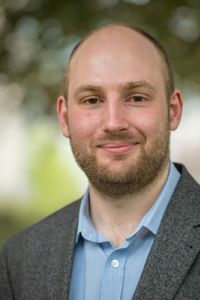
Dr. Shaun Lancaster
is a postdoctoral researcher at the Chair of General and Analytical Chemistry focusing on elemental analysis using mass spectrometry, particularly regarding the analysis of technology critical elements. Formerly a graduate of the University of Aberdeen, Scotland, he has gained experience in method development, sampling, sample preparation, and analysis of total element and speciation determinations. His primary role within the project is the supervision of Ulrike Moser during the elemental analysis stages.
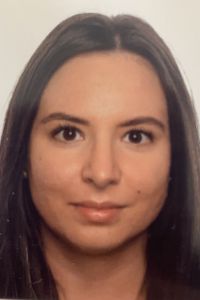
Young Researcher MUL - Role in the project: PhD student
Is a young researcher at MUL. The former student at the Technical University of Graz (MSc in Geosciences) is now a PhD student at the Chair of General and Analytical Chemistry at MUL. Part of her PhD thesis is to link geochemical interactions of water, SPM and surface sediments in the Mur river with the environmental impacts by the chemical analysis of elements and isotopes. In previous projects she already dealt with water and rock sampling as well as the analysis and interpretation of isotopes as provenance and distribution tracers. In collaboration with several institutions, she will contribute the major steps of sampling, sample preparation, collection of data and interpretations and publication of results.
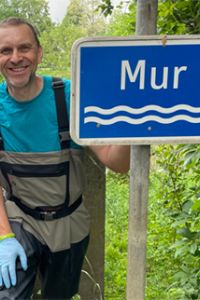
has been Full Professor and Head of the Chair of General and Analytical Chemistry at MUL since October 2018. With 150+ relevant publications he is a leading researcher in the field of elemental and isotopic analysis. He will contribute to MurMAP with his expertise in analytical chemistry, in river sampling campaigns (Danube (Austria), Eg (Mongolia)) and recent developments in passive sampling (FWF-project P30085).
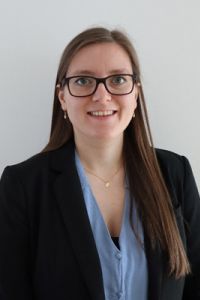
Julia Retter
Bachelor student MUL, Role in the project: Bachelor thesis
Is a bachelor student at MUL in Recycling. She is writing her bachelor thesis at the Chair of General and Analytical Chemistry in the MURmap project under the supervision of Johanna Irrgeher and Ulrike Moser. She has experience in sampling water and plants as well as the analysis and interpretation of data with was obtained with ICP-MS. Within her bachelor project, Julia is analyzing the water samples from the sampling campaigns of May 2022 and August 2022 for strontium isotope ratios.
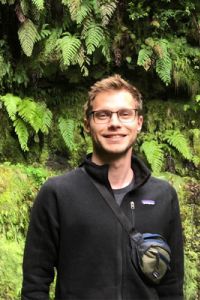
Dr. Stefan Wagner
is a postdoctoral researcher at the Chair of General and Analytical Chemistry at MUL.
He obtained his PhD in environmental analytical chemistry in 2022 from the University of Natural Resources and Life Sciences Vienna (BOKU), Austria. His main areas of research are focused on the development, validation, and application of selective passive sampling techniques based on diffusive gradients in thin films (DGT) for the visualization, speciation, and isotopic analysis of (trace) element solutes in transdisciplinary scientific fields using highly sensitive mass spectrometric (ICP-QMS, ICP-SFMS, MC-ICP-MS, LA-ICP-MS) and spectroscopic methods (planar optodes, synchrotron XFM). Within MurMap, Stefan will be involved in the supervision of Ulrike Moser and Antonia Siebenbrunner during passive sampling by DGT for in situ tracing of multi-elemental and isotopic signatures (e.g., Sr, Pb, Nd) in the Mur/Mura river catchment.
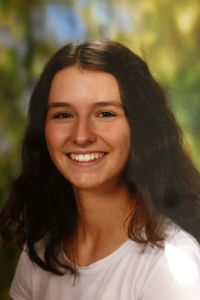
Antonia Siebenbrunner
Bachelor student MUL, Role in the project: Bachelor thesis
Studies Industrial Environmental Protection and Process Engineering at MUL. Supervised by Johanna Irrgeher, Stefan Wagner and Ulrike Moser, Antonia will start writing her bachelor thesis at the Chair of General and Analytical Chemistry in 2023. Her thesis focuses on the comparison of passive sampling and grab sampling in the context of the MURmap project. She will help with sampling, sample preparation and measurement of trace elements and isotope ratios by inductively coupled plasma mass spectrometry.

Ahmed Al-Naqabi
Bachelor student MUL, Role in the project: Bachelor thesis
Ahmed is currently pursuing his bachelor’s degree in Environmental Protection and Process Engineering at MUL. His research is centered on the intriguing topic of Strontium Isoscapes and data modeling both in terrestrial ecosystems as well as aquatic ecosystems. Ahmed's thesis involves the sophisticated use of geostatistical interpolation methods and regression techniques, which are well-documented in scientific literature. His work will further delve into the intricacies of modeling, mapping, and analysis of Strontium isoscapes, employing advanced tools such as ArcGIS Pro 3.2, RStudio 2023, Python Spyder, and MATLAB R2023b.
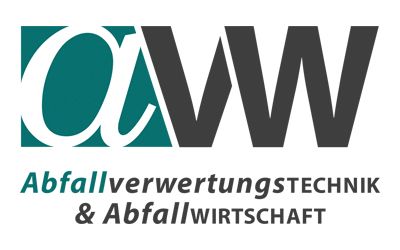
Chair of Waste Processing Technology and Waste Management
Team
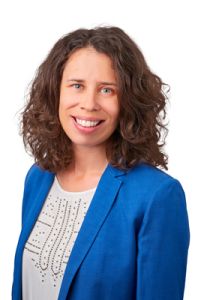
Alexia Tischberger-Aldrian
is head of the scientific work group „Methods and Environmental Analytical Chemistry“at the Chair of Waste Processing Technology and Waste Management at the Montanuniversitaet Leoben, Austria. She majored in technical chemistry at the Technical University in Graz, Austria, and got her Doctoral degree in “Industrial Environmental Protection, Disposal Techniques and Recycling at the Montanuniversitaet Leoben, Austria. Her expertise in MurMap lies in the field of sampling and the realization of classic environmental analysis methods for water samples and sediments.
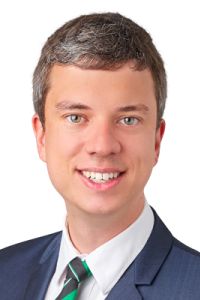
Assoz. Prof. Daniel Vollprecht (M)
is leading the work group of “material-oriented waste technology” at the Chair of Waste Processing Technology and Waste Management of Montanuniversität Leoben, has 14 years experience at the intersection between geosciences and waste management focusing on the interactions between waste and the environment. His research covers landfills, contaminated sites and mineral wastes and recently also plastic waste and sensor-based sorting. A key question DV adresses is the release of contaminants (e.g. Cr, V, Mo, F) from wastes and by-products. For this purposes DV uses a mixture of mineralogical analyses (XRD, EMPA), leaching tests and hydrogeochemical modelling (LeachXS). DV (co-)supervised five doctoral and 23 Master theses and published 46 peer-reviewed articles. Within MurMap, his knowledge will be pivotal for the interpretation of the data, especially in the sense of impacts of historical mining and contaminated sites to the composition of fluvial sediments. He is the mentor of the PhD student Ulrike Moser enrolled at MUL.
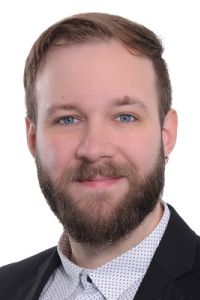
Florian Feucht
Future Young Researcher MUL – Role in the project: Assistant during Sampling Campaign
is part of the workgroup "material-oriented waste technology" at the Chair of Waste Processing Technology and Waste Management of Montanuniversität Leoben, led by Assoz. Prof. Daniel Vollprecht. He is currently working on his PhD project ("ReSoURCE") regarding the recycling of refractory waste material as part of the Horizon Europe Framework Programme. In the first two weeks of August, he paused his current work and lent a helping hand during the sampling campaign. As a geosciences master's student at the end of his study, he greatly assisted with his knowledge of sampling, scientific documentation, and essential chemical laboratory work.
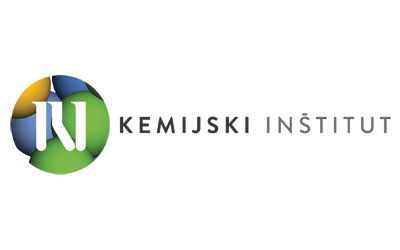
National Institute of Chemistry
Team
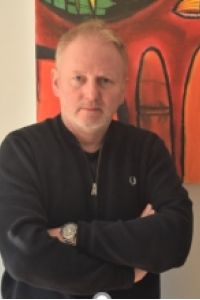
Dr. Samo B. Hočevar
received a Ph.D. in Analytical Chemistry in 2002 from the Faculty of Chemistry and Chemical Technology, University of Ljubljana. Presently, he is the Head of the Department of Analytical Chemistry at the National Institute of Chemistry (NIC). For over 15 years, he was also a member of the NIC’s Innovation Committee. He is/was involved in several national and international research projects and is a member of the NIC’s Scientific Council. Among others, his research interests include trace metal analysis and designing sensitive and selective electrochemical sensors, biosensors, and gas sensors.


